
KEFI Gold & Copper Plc, the London-based mining and exploration company, has received the green light to open an offshore account as it edges closer to commencing its ambitious 390 million dollars gold mining project in the Wellega Zone of the Oromia Regional State.
Offshore accounts are banking with a financial institution that is different from the jurisdictions where companies are incorporated. They simplify managing financial commitments across multiple countries and regions, enabling account holders to make or receive regular international payments and transfers.
This milestone follows a successful deal with regulators at the National Bank of Ethiopia (NBE), who cleared the way for the Tulu Kapi Gold Mining project's offshore account setup and a debt-to-equity convertibility scheme.
"Recognising the strategic importance of Public-Private-Partnership projects, we are enabling the opening of an offshore account," said Fikadu Digafe, the central bank's vice governor.
This development comes as Ethiopia becomes the 40th member of the African Finance Corporation (AFC), a move designed to reduce the cost of debt financing and mobilise global capital. The AFC, a significant creditor in the Tulu Kapi project, is joined by the Eastern and Southern African Trade & Development banks to provide 190 million dollar in debt financing.
Initially formalized in April 2015, the Tulu Kapi Mining contract offered KEFI a 20-year mining concession and a five percent free-carry interest to the government. However, the project suffered a setback following a two-year suspension when four staff members were abducted. Officials of the Ministry of Mines cited the ongoing security crisis in the region as the main reason for not imposing administrative actions on the Company, even in light of the extended exploration period and schedule adjustments.
"They would have been producing by now if there was peace," Tsehay Mulugeta, head of legal affairs at the Ministry, regretfully acknowledged.
Mining officials disclosed that permanent security has been deployed near Tulu Kapi gold mining project.
The mining sector in Ethiopia has undergone significant legal changes, such as eliminating the special small-scale mining classification deemed environmentally hazardous. These changes, coupled with limits on the quantity of gold submitted to the central bank, signal a more stringent regulatory environment for miners.
However, according to the Company's June annual report, new policies issued by federal agencies have "removed various obstacles to financing." Harry Anagnostaras-Adams, KEFI's executive chairman, expressed his gratitude to the restructured administration at the Ministry for its dedication to the mining sector.
KEFI, incorporated in 2006, began as an exploration company on the Arabian-Nubian Shield, with an initial public offering of 2.5 million euros on the Alternative Investment Market (AIM) of the London Stock Exchange. With two development-stage projects in Saudi Arabia (Hawiah and Jibal Qutman), over 93pc of the company's ownership stake is now in public hands.
The acquisition of Nyota Minerals Ltd, an Australian firm, for 5.2 million pounds sterling in 2014 marked a significant moment for KEFI. The acquisition gave them access to a concession estimated to contain nearly one million ounces of gold, equivalent to 30,000Kg. To date, KEFI has invested over 80 million dollars in pre-development in the country. More recently, an agreement was signed to increase the regional government's total equity to 30 million dollars.
A final financial commitment of 20 million dollars will go toward compensating hundreds of households due to be resettled in the project area, 28Km east of Ayra-Gulliso town in the Oromia Regional State. Company management stated that the process "will take up to three months so that there is no accusation of railroading the community."
Upon reaching full capacity, the Tulu Kapi Gold Mining project could be a game-changer for Ethiopia's mining industry. It is poised to become the largest industrial mining initiative in the country, producing up to 5,670Kg of gold annually from its open-pit and underground operations, expected to go full throttle by 2025. The country's other industrial-scale gold mining project, MIDROC Lega Dembi, has averaged about 4,000Kg in its most productive years, despite Ethiopia only producing 2,850Kg this year.
According to the Extractive Industries Transparency Initiative (EITI), a global standard for monitoring oil, gas, and mineral resources across 57 countries, Ethiopia's gold reserves are estimated at 200tns. Recent regulatory changes by the central bank have seen royalty fees for gold supplied by artisans rise to a record 55pc for every five kilograms. These royalty fees have brought in a significant 281.8 million Br in the first nine months of the fiscal year.
Industry experts emphasize the complexity and risk associated with mining projects.
Wondemagegn Gebreselassie, a seasoned expert in the mining sector, stated that economic, political, and geological factors that are difficult to predict could heavily influence the trajectory of mining projects. Many companies distribute risk among stakeholders in the industry to mitigate potential fallbacks.
"Mere proof of a deposit does not guarantee successful excavation," Gebresellasie told Fortune. "After years of exploration, reserves might be found in a spot that is inconvenient for immediate exploitation. It's looking for material buried underground, after all."
Recognizing the mining sector's challenges, he noted the importance of patience, risk mitigation, and, to some extent, good luck. Prospective locations rich in Precambrian rocks could offer promising opportunities for further exploration in Ethiopia.
Still, the mining sector is a waiting game.
"It's a high-risk industry that will take decades to bear fruit," Gebreselassie noted, adding a dose of reality to the optimism surrounding KEFI's ambitious project.
PUBLISHED ON
[ VOL
, NO
]
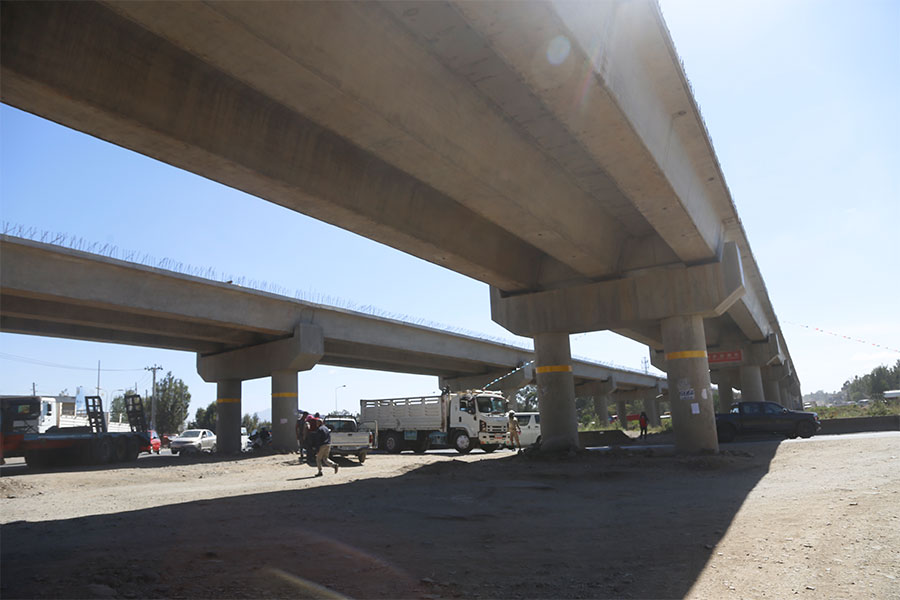
Agenda | Dec 30,2021
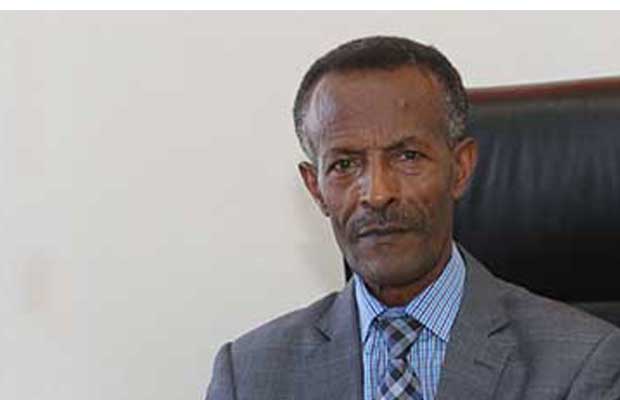
Exclusive Interviews | Jan 05,2020

Life Matters | Mar 20,2021
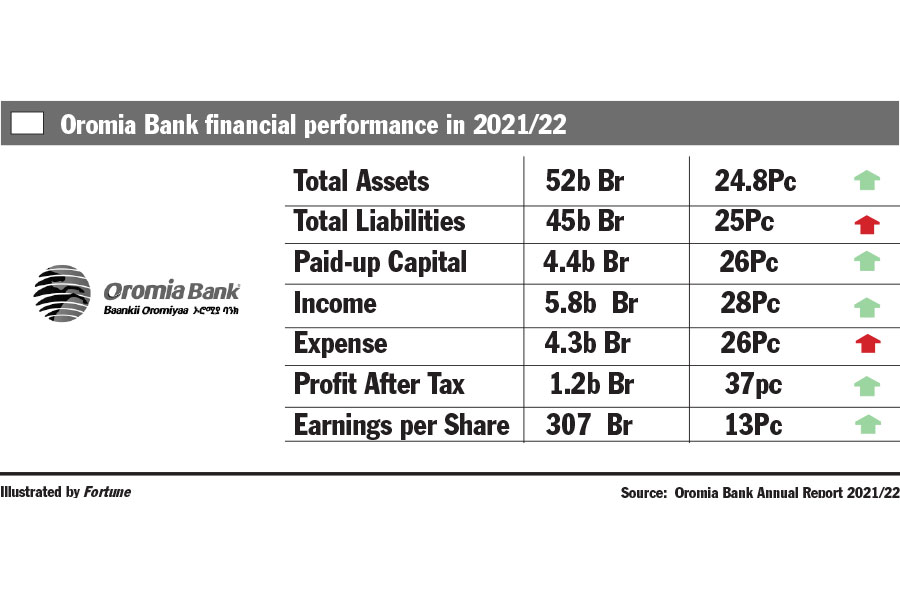
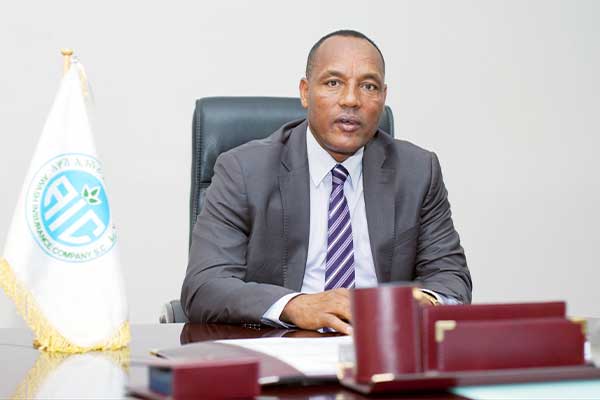
Exclusive Interviews | Jan 05,2020

Radar | Oct 31,2022
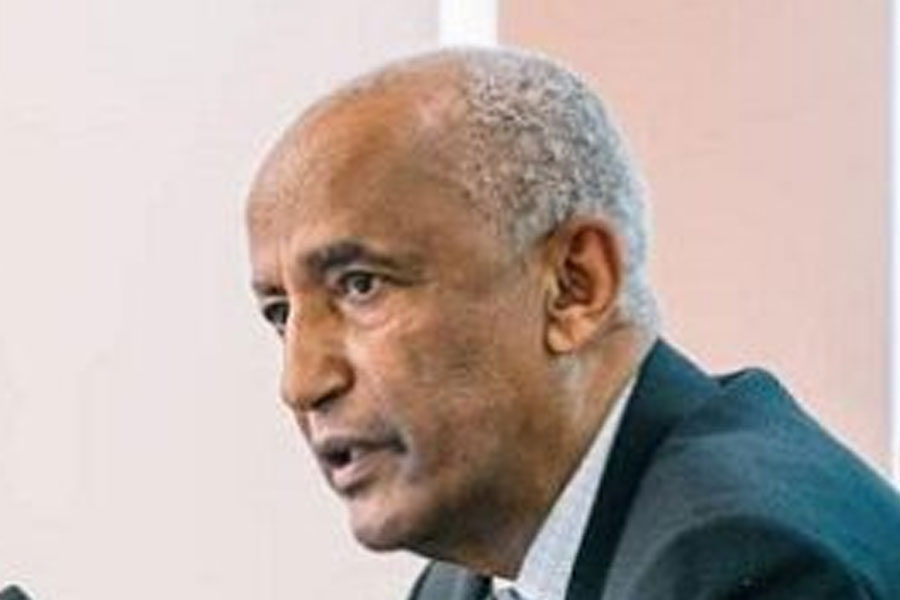
Verbatim | Dec 04,2022

Radar | Jan 09,2024
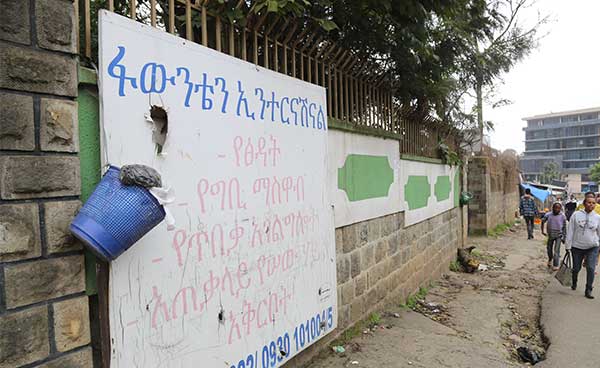
Featured | Sep 21,2019

Fortune News | Feb 09,2019

Dec 22 , 2024 . By TIZITA SHEWAFERAW
Charged with transforming colossal state-owned enterprises into modern and competitiv...

Aug 18 , 2024 . By AKSAH ITALO
Although predictable Yonas Zerihun's job in the ride-hailing service is not immune to...

Jul 28 , 2024 . By TIZITA SHEWAFERAW
Unhabitual, perhaps too many, Samuel Gebreyohannes, 38, used to occasionally enjoy a couple of beers at breakfast. However, he recently swit...

Jul 13 , 2024 . By AKSAH ITALO
Investors who rely on tractors, trucks, and field vehicles for commuting, transporting commodities, and f...

Jun 28 , 2025
Meseret Damtie, the assertive auditor general, has never been shy about naming names...

Jun 21 , 2025
A well-worn adage says, “Budget is not destiny, but it is direction.” Examining t...

Jun 14 , 2025
Yet again, the Horn of Africa is bracing for trouble. A region already frayed by wars...

Jun 7 , 2025
Few promises shine brighter in Addis Abeba than the pledge of a roof for every family...